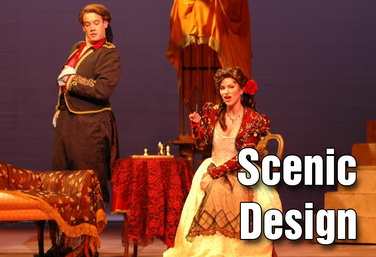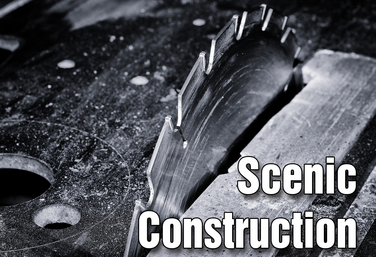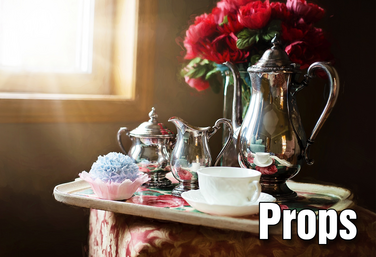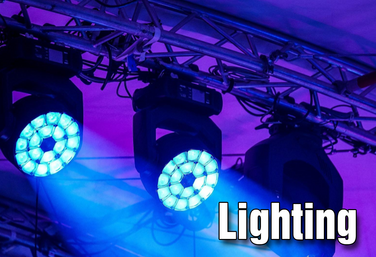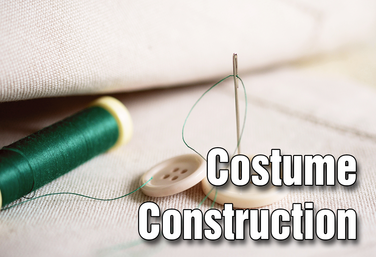Stagecraft Without a Theatre Curriculum
Instructor Karen Loftus has an impressive stage management resume, but she has also taught Stagecraft in a portable classroom. There was no lighting grid, no sound equipment, no place to build sets, props or costumes. This experience led to this curriculum: Stagecraft without a Theatre.
Through exposure, exploration, and project-based learning, students identify and understand the various areas of technical theatre including scenic design, lighting, sound, costumes, and makeup.
The curriculum culminates with a project where students work in groups to design and plan technical elements as they would for a production, and then simplify those designs to work in a classroom setting: Stagecraft without a Theatre.
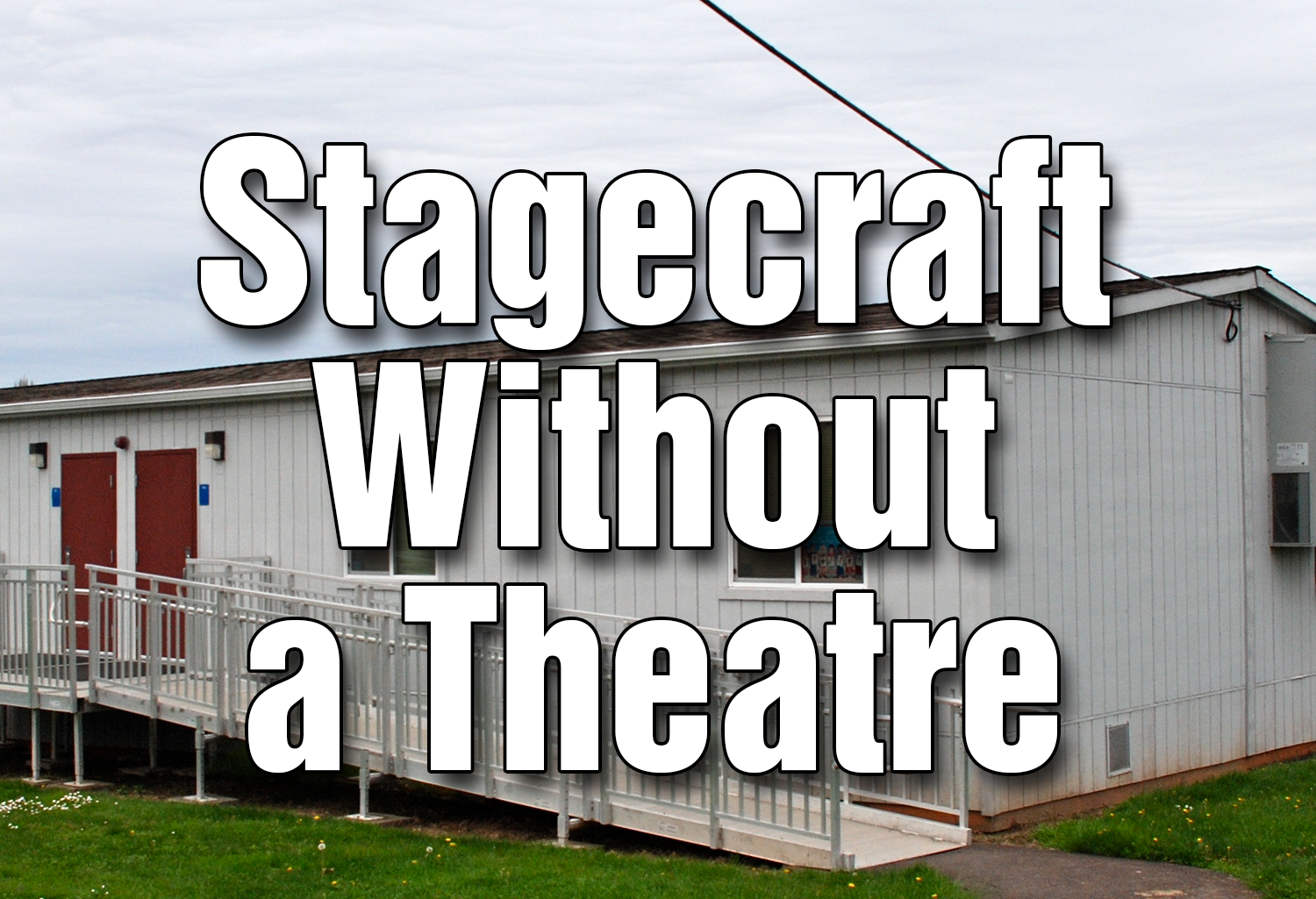
13 Units
Overview
by Karen Loftus
Instructor Karen Loftus has an impressive stage management resume, but she has also taught Stagecraft in a portable classroom. There was no lighting grid, no sound equipment, no place to build sets, props or costumes. This experience led to this curriculum: Stagecraft without a Theatre.
Through exposure, exploration, and project-based learning, students identify and understand the various areas of technical theatre including scenic design, lighting, sound, costumes, and makeup.
The curriculum culminates with a project where students work in groups to design and plan technical elements as they would for a production, and then simplify those designs to work in a classroom setting: Stagecraft without a Theatre.
Introduction to Theatre Production
by Karen Loftus
Students will explore the question of “what is theatre production?” They’ll be able to identify and describe each of the crafts of technical theatre as well as who does what in theatre production.
Elements of Design
by Karen Loftus
Students are exposed to select elements of design, and they explore the effect those elements of design have on storytelling.
Scenic Design
by Karen Loftus
Students will explore the creation of an environment through the art of scenic design. They will identify what scenic design is and how it helps to tell a story in theatre. Students will also identify and demonstrate some skills of a scenic designer as they analyze an excerpt of a script for scenic clues and demonstrate basic drafting and rendering.
Scenic Construction
by Karen Loftus
Students will be able to identify the various tools used in a set shop, identify appropropriate shop safety procedures, including personal protective equipment, and demonstrate how to build a flat.
Scenic Painting
by Holly Beardsley and Karen Loftus
Students identify and practice some basic painting techniques.
Props
by Karen Loftus and Kerry Hishon
Students will identify categories of props and which people create or obtain props. They’ll analyze a script for needed props, use critical-thinking skills to problem solve prop issues, and create a prop.
Lighting
by Karen Loftus, Josh Hatt, and Kerry Hishon
Students will be able to demonstrate their knowledge of lighting effectiveness. They’ll also be able to identify, analyze, and evaluate how lighting is used in a theatre production.
Sound
by Karen Loftus and Josh Hatt
Students will be able to demonstrate their knowledge of sound effectiveness. How do we use sound to create a technically effective performance?
Costume Design
by Holly Beardsley, Karen Loftus, and Josh Hatt
Students are exposed to research, concepts, and skill sets while they explore costume design and the different roles of the costume designer and the costumer. They will be able to demonstrate their knowledge of costume effectiveness.
Costume Construction
by Karen Loftus
Students identify vocabulary, techniques, and roles of costume construction. They demonstrate costume measurement and other construction techniques, including a basic stitch.
Make-Up Design
by Karen Loftus and Josh Hatt
Students will be able to explore the use of make-up as a theatrical tool and demonstrate their knowledge of make-up effectiveness.
What is a Stage Manager? (Extra Lesson)
by Karen Loftus
We have included a stage management “extra” lesson in this curriculum as an introduction to the stage manager role. Stage management is certainly an important role when it comes to the technical elements of a theatre production.
If you want to include a more realized stage management unit, we have you covered. DTA has an extensive Stage Management Unit in the curriculum section of the DTA website (see link below).
Culminating Project
by Karen Loftus
Now it’s time for your students to take everything they’ve learned and creatively apply those skills. The goal is for students to take what they’ve been exposed to, explored, and researched about each of the arts and crafts of technical theatre and apply it to a project.



